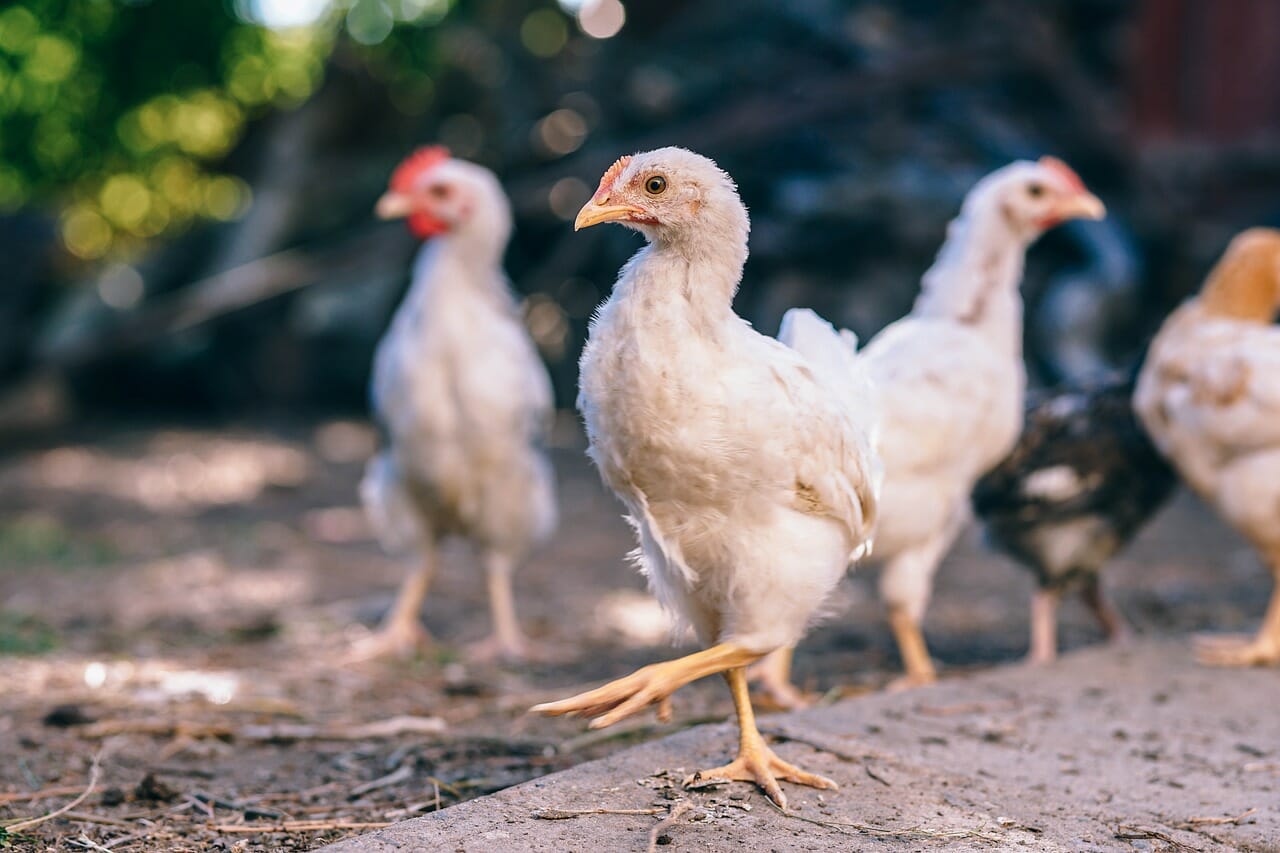High egg prices have led homeowners to start their own backyard chicken coops and hatcheries and caused stores to see an increase in their sales of chicken feed and baby chicks.
READ ALSO: 3 Arizona communities rank among best suburbs in the U.S.
The bird flu has affected more than 58 million chickens since early last year and led to a lower supply and higher prices for eggs. This year’s infections surpassed those of the last big outbreak, in 2015. It arrives during the cold seasons and typically dies off going into the summer, but last year it never completely went away.
“It is an epidemic of high pathogenic avian influenza, which is highly contagious and deadly to domestic poultry,” said Jerome Rosa, animal services associate director at the Arizona Department of Agriculture.
Rosa said in 2022, 50 million birds in the U.S. died or were culled because of the virus. Of those, 43 million were egg-laying hens. The bird flu has been found in Arizona but has spared the state’s major commercial egg farms.
Gordon’s Feed in Phoenix has seen an influx of customers due to the recent high prices of eggs. The store generally gets 500 baby chicks weekly year-round, and baby chicks have sold out within two days over the past few weeks. “Due to the egg shortage and people wanting to get back into the backyard chickens, we have actually doubled, getting closer to the thousand mark every week,” owner Gordon Grantham said.
Breeding chicks could be cheaper in the long run after initial startup costs, but caring for chickens may not be for everyone.
“You should treat a chick as you would a human baby,” said Quinta Jackson, a backyard chicken owner in Phoenix, noting that raising chickens is an investment in a live animal, not just an egg-laying machine.
The average chicken takes four to six months to begin laying eggs, and baby chicks must be in a temperature-controlled environment to survive.
And Arizona counties and cities have a hodgepodge of rules on the keeping of backyard chickens. But some Arizona lawmakers are trying to change that. Rep. Kevin Payne, R-Peoria, introduced HB 2483 to prohibit local governments from prohibiting chicken in single-family homes and set statewide standards on limits of suburban fowl. The bill is currently in committee.




